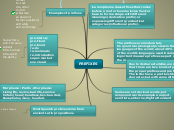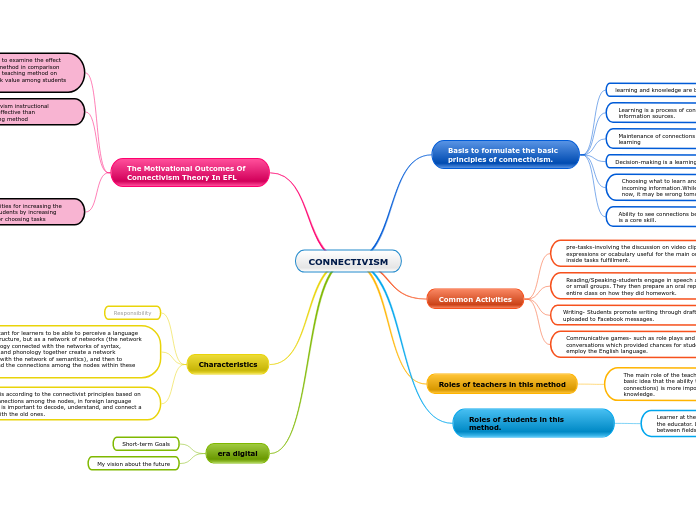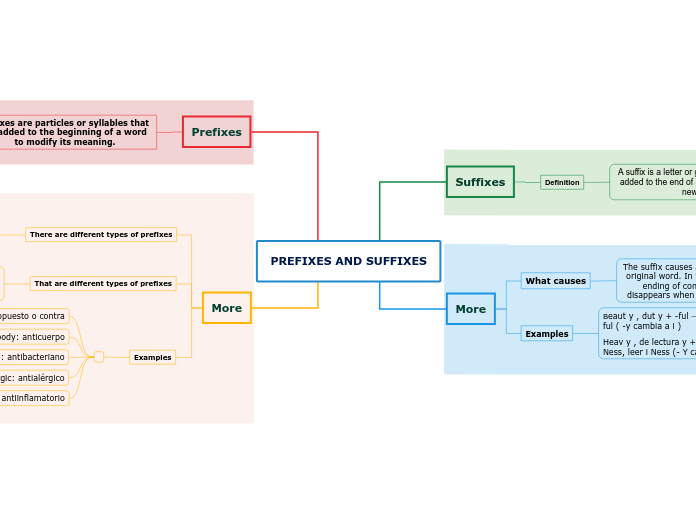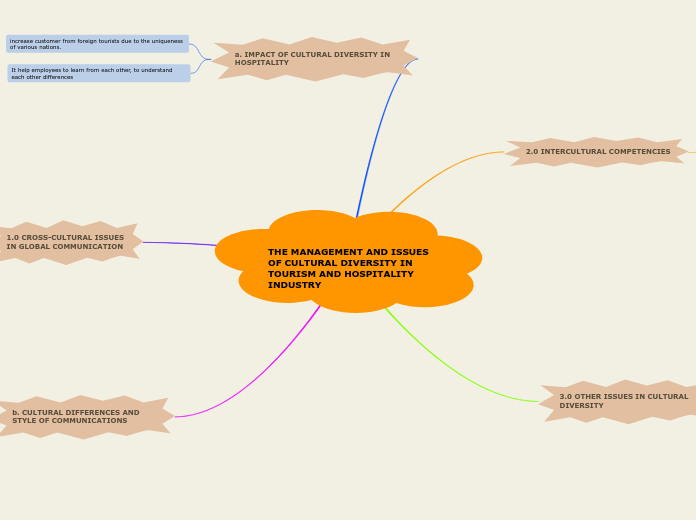av marifer sanabria 9 år siden
359
prefixes
Prefixes are morphemes that attach to the beginning of a root or base word, altering its meaning or grammatical category. They can be derivative, changing the meaning of the base word, or inflectional, modifying grammatical categories.









